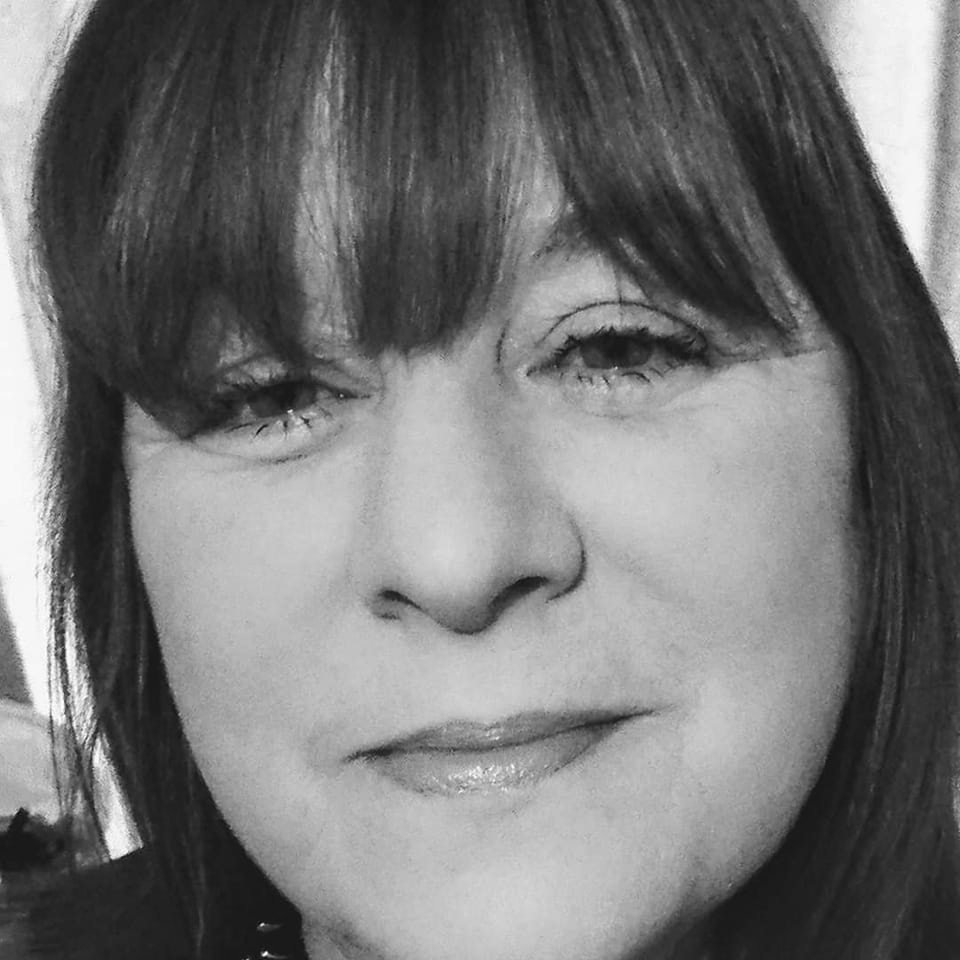Long-term, poor sleep can kill you. But walking not only helps you sleep better, it can prevent premature death even if you continue to sleep badly.
If you don’t exercise, it’ll take two or three decades to catch up with you. A poor diet might take longer. But if you don’t sleep well, you’ll know about it straight away. You’ll be cranky, you’ll feel tired, you’ll be less alert, less efficient and less able to solve problems. And as annoying as this might be, the long-term effects of chronic sleep deprivation are far more serious.
Your chances of getting heart disease, diabetes, stroke and depression increase markedly if you don’t sleep well over a long period of time, as does your chance of premature death. “People who are short sleepers (below six hours) tend to be more obese than those who sleep closer to seven hours,” says Kevin Morgan, emeritus professor of psychology at Loughborough University. “If you’ve ever worked a night shift you’ll notice you always come off it hungry. That is because the hormones that control appetite are elevated with sleep deprivation. Add to that the obvious behavioural consequence that if you sleep a relatively short night, your opportunity to eat is greatly increased.”
But what can you do if you’re not getting enough of the quality deep sleep that you so badly need? Well, as you might have guessed, walking holds a lot of answers.
Sleep expert Kevin Morgan says 30 minutes walking five times a week works wonders.
The World Health Organisation (WHO) recommends a minimum of 150 minutes of moderate intensity exercise (such as walking) per week to stay healthy. And a couple of years ago, Professor Morgan decided to test if this was enough to maintain good quality sleep. “We got people who ordinarily didn’t walk, and put them on a programme for three months measuring how much walking they did. Nearly all of them reached the WHO recommended minimum and we found their sleep quality substantially improved, and their mood improved too, with depressive symptoms reduced.
“It shows you don’t have to be an athlete, you don’t have to go to the gym, you don’t have to wear lycra – all you have to do is get out and walk for 30 continuous minutes for at least five days a week.”
Professor Morgan adds that getting good sleep now is a sound investment for the future. “Three things happen to your sleep as you get older – it becomes shorter, lighter and more fragmented. If you’re building up a habit of maintaining sleep quality in early adulthood or midlife, that’s a great investment that’s going to look after you later on.”
Walking helps a lot of people get good quality sleep. But even if it fails to do this, it’ll still give you life-prolonging benefits. A huge University of Sydney-led study of nearly 400,000 middle-aged people found that those who didn’t exercise and had poor sleep had a 45% higher chance of dying from cancer than those who were fit and slept well. But the poor sleepers who did exercise had no greater risk of dying from cancer. In fact, the findings showed that walking helps protect you from many of the harmful effects of poor sleep, whether you’re sleeping well or not.
It worked for us!
“I can hardly believe how much my sleep has improved!”
I’ve had years of terrible sleeping patterns for various reasons. But now that I’m walking more I’ve noticed such an improvement in the hours and quality of my sleep. I can hardly believe it! It can’t be a coincidence! I’ve always done fitness classes – mostly yoga and pilates – but since starting this challenge I’m definitely sleeping loads better. It’s so wonderful! I shall definitely keep going. Everything is totally different when you sleep properly! – Jennifer Parker
“I have the best sleep ever after a walk”
I used to have problems going to sleep and getting a good night's rest, as my mind would go into overdrive. I tried many things (including relaxation techniques) but nothing worked. However, when I found walking, I no longer had that problem. I now sleep nearly nine hours every night and the only time I don't is when I haven't walked. There’s no better feeling than getting into bed after a day’s walking feeling a little bit achy, but also physically tired. I then wake in the morning totally refreshed after a fabulous night's sleep ready to walk to work. – Karen Ley
“I feel calmer when I walk”
I’ve always had a lot of difficulty getting to sleep at night. When I walk to and from work (three miles each way) I feel less stressed than if I get the bus. It gives me thinking and processing time and I'm generally calmer and fall asleep quicker. On non-work days, I get very restless if I don't go out for a walk, and definitely take longer to get to sleep. I still get the occasional bad night, but far fewer than when I walked less. – Dorothy Edwards
“Walking helps me get a better sleep”
I became a real insomniac during chemotherapy. Then years of medication ensured I never got back into a good sleep routine. But walking (and swimming when I can) definitely helps me to get a better sleep. On the nights when I still struggle I often spend time going over some of my favourite walks in my head… much more fun than counting sheep! – Jan Snape








